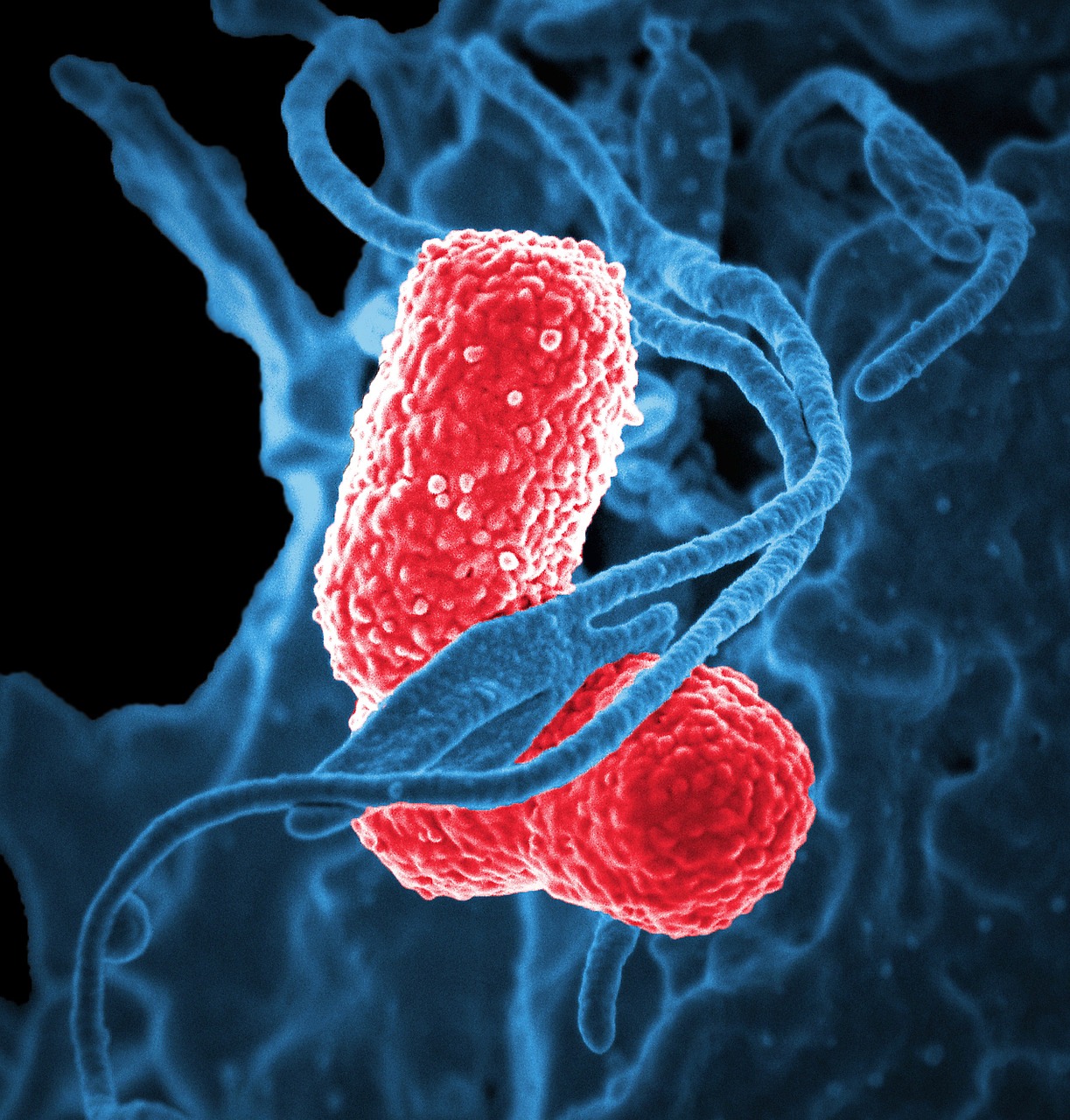Think about all the living things in your environment. You are probably thinking about plant and animal species, and perhaps also some fungi, like mushrooms and toadstools. Actually, the great majority of living things on planet Earth are microscopic organisms, like bacteria and amoebas.
Most of the time, we don’t think about microscopic organisms unless they are causing diseases, but we actually rely on microorganisms in order to stay healthy. As you read this, there are billions of bacteria on your skin, in your mouth, and in your intestines. The bacteria in your intestines help you digest food. If you get an upset stomach after taking antibiotics, it is because the antibiotics killed too many of the bacteria in your digestive tract.
Unicellular Organisms
Some microscopic organisms consist of only one cell; these are called unicellular organisms. Protozoa are unicellular organisms whose cell structure is similar to that of a plant or animal cell. They are eukaryotic, meaning that they have a cell nucleus. Algae are a type of protozoa. When you see green algae on the surface of a pond, you are actually seeing millions and millions of single-celled organisms in a big group.
Other protozoa can only be seen under a microscope. Flagellates are protozoa that use a tail-like structure called a flagellum to propel themselves through the water. Amoebas are another type of protozoan. When you look at an amoeba under the microscope, it looks like a transparent blob; it moves itself by changing the shape of its cell membrane in order to swim through the water.
Bacteria: Friend or Foe?
Many people carry around hand sanitizer at all times, ready to destroy any bacteria that might take up residence on their hands. It is true that washing your hands or using anti-bacterial hand sanitizer can prevent the spread of disease-causing bacteria, such as E. coli. What you might not realize, though, is that bacteria are an important part of the food chain. They are decomposers that feed on dead plant and animal matter and waste products. Without them, vegetable scraps would just pile up on compost heaps, and the compost heaps would not turn back into soil.
Biologically, bacteria are even simpler than protozoa. They are prokaryotes, meaning that they do not have a cell nucleus. The only thing simpler than a bacterium is a virus. Biologists have not reached a consensus about whether viruses can even be classified as living organisms, since they do not contain cells at all.

